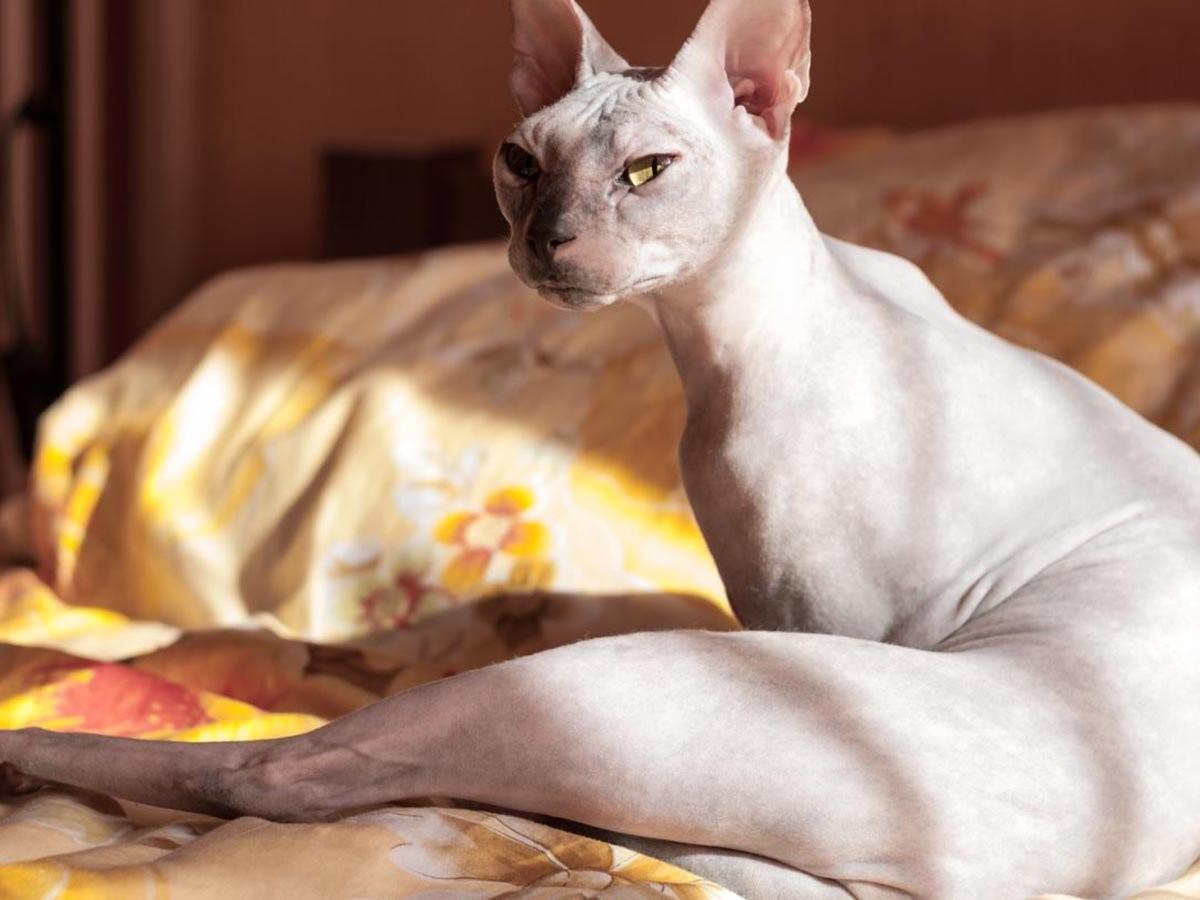For many individuals, the joy of owning a cat is overshadowed by the unpleasant symptoms of allergies. However, the dream of feline companionship needn't be abandoned entirely. Several cat breeds are known for their reduced production of Fel d 1, the protein responsible for triggering allergic reactions, making them suitable companions for allergy sufferers.
What Makes Cats Hypoallergenic?
Fel d 1, the primary allergen associated with cat allergies, is found in a cat's saliva, urine, and dander. When a cat grooms itself, the allergen is transferred to its fur, where it can become airborne and trigger allergic reactions in susceptible individuals.
According to MD Robert Zuckerman, all cats make the allergen in some form, but some may secrete less of the protein. Even a small amount can cause a lot of symptoms depending on how often you are around the cat and how you clean your home.
Which Cat Breeds Are Hypoallergenic?
While no cat breed is entirely hypoallergenic, certain breeds are known for producing lower levels of Fel d 1, making them less likely to trigger allergic reactions. These breeds include:
Balinese: These elegant longhaired cats are known for their gentle and affectionate nature, and their low production of Fel d 1 makes them a popular choice for allergy sufferers.
Siberian: Hailing from the cold regions of Russia, Siberian cats are known for their thick, triple-layered coats that help reduce shedding and minimize the spread of allergens.
Oriental Shorthair: These sleek and athletic cats possess distinctive wedge-shaped heads and large, expressive eyes. Oriental Shorthair's low-maintenance coats and reduced allergen production make them a suitable option for allergy sufferers.
Devon Rex: Known for their unique curly coats and mischievous personalities, Devon Rex cats are playful and affectionate companions. Their low-shedding coats and reduced Fel d 1 levels make them a good choice for allergy sufferers.
Cornish Rex: Another curly-coated breed, Cornish Rex cats are known for their playful and energetic nature. Their low-shedding coats and reduced allergen production make them a suitable option for allergy sufferers.
Sphynx Cat: The Sphynx is famously known for its lack of shedding. They are nearly hairless and require frequent bathing to remove body oils. The Sphynx’s lack of hair makes them a great candidate for people with cat allergies. Despite their somewhat severe look, they are known as sociable and loving cats, but there are problems as well. Here is a quick guide to 6 most common health problems with sphynx cats.
Expert Insights from Spot
While reviewing claims for hypoallergenic cat breeds, our data analyst found that in the United States, five of the six breeds had higher averages than expected. The Balinese, Devon Rex, Siberian, and Sphynx cat breeds on an average claim cost 15%+ higher than other cat breeds. The Oriental Shorthair has an average claim cost 66% higher than other breeds.
Digging into the specifics reveals that the most common conditions in the United States are:
Diarrhea or Vomiting
Urinary or Reproductive issues
Gastrointestinal Issues
Upper Respiratory Infections
Conjunctivitis
While not all cats will develop these conditions during their lifetimes, potential pet parents should be aware of these common conditions, and keep an eye out for signs and symptoms.
Key Takeaways:
For individuals with cat allergies, the dream of feline companionship doesn't have to remain unfulfilled. With careful consideration of hypoallergenic cat breeds, gradual introduction, and regular grooming, allergy sufferers can enjoy the companionship and affection of these remarkable creatures. Remember, every individual's allergies may vary, so it's always advisable to spend time with the cat before making a commitment to ensure minimal reactions

As Spot’s resident cat enthusiast, I am dedicated to researching and sharing information that helps pet owners take the best care of their pets. Pet ownership comes with it’s share of challenges, but my goal is to help make this journey easier.












